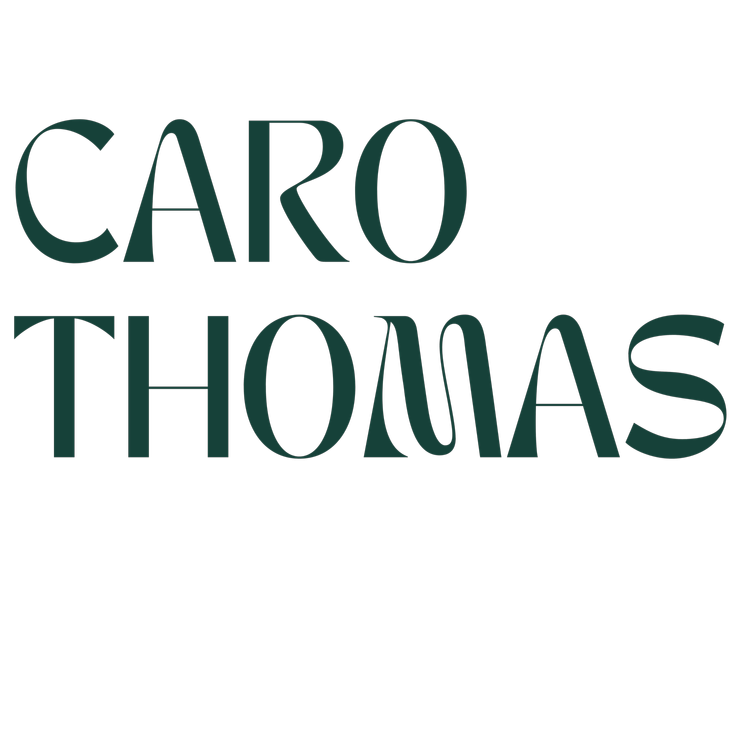Writing samples from graduate courses in Education and Social Policy and Museum Studies
What do you see that makes you say that? Examining Research on the Pedagogical Function of Academic Partnerships with Museums
ELPS 896 with Dr. Mann
This paper examines research on partnerships between schools—both K-12 and medical—and art museums. I argue museums could be "third spaces" where K-12 students develop empathy, identity, visual literacy, and critical thinking. More teacher-museum educator research demonstrating these programs' efficacy is needed to obtain funding and partnership growth, as museums become more visitor-centric and schools need enrichment.
To Educate or Not to Educate: How Debates on White Women’s Education in the Early Republic Codified Their Civic Role in the American Empire
ELPS 837 with Dr. Jackson
This paper explores how advocacy for white women's education by Benjamin Rush and Catharine Beecher in the early American republic situated women as nurturers of future citizens, codifying gender roles that supported nationalist and imperial expansion. Regardless of intent, rhetoric linking women's domestic duties to instilling American values had profound consequences for justifying empire.
Education as the Guiding Light: Why Learning Drives Museums’ Relevance and Financial Sustainability
MUSE 801 with Prof. LaNesha Bardelaben
This paper argues that emphasizing education is vital for museums to demonstrate public value and make the case for ongoing funding and relevance amidst financial instability. It highlights how museums rely heavily on private donors, making educational impact key to securing support. The paper advocates that museums must also build reciprocal community relationships to uphold their public service missions.
Policy Brief Review: Improving Trauma-Informed Education: Responding to Studen Adversity with Equity-Centered, Systemic Support
ELPS 949 with Dr. Mann
This paper reviews a policy brief on trauma-informed education, critiquing its implementation failures, and conceptual gaps. The review argues for an equity-centered approach, outlining recommendations for schools to develop shared commitment, align policies and resources, and form community partnerships.
A Seat at the Table: Enacting Third Space Pedagogical Theory in Gallery Spaces
MUSE 802
Prof. Jeanne Vaccaro
This paper outlines plans for an art exhibition focused on queer identity that could facilitate conversations about identity, representation, and community. Curricular connections and community events discussed in the paper aim to make the gallery an inclusive third space. I reflect on considering stakeholder concerns while centering marginalized artists. The paper includes CAD illustrations of the exhibition proposal.
Lesson Plans for the Museum
MUSE 705 with Prof. Straughn-Navarro
In MUSE 705, “Museums and Public Education,” I created two lesson plans that utilize pieces in the collection to create high school-level lesson plans for photo courses. These two plans focus on Ana Mendieta and David Hockney.
The Politicization of Public Health: How Partisanship Undermined School COVID-19 Mitigation Efforts
ELPS 949 with Dr. Mann
This paper examines how partisan conflicts and decentralized decision-making failed US schools in implementing effective COVID-19 mitigation policies. It contrasts state approaches and discusses how street-level bureaucrats enabled and prevented policy adherence. More coordinated federal action, like financial incentives and universal masking mandates, could have better protected students.
Killing Eve: Examing the Ebb and Flow of Queer Femme Representation
C&T 807 with Dr. Cheryl Wright
This paper analyzes trends in LGBTQ+ media representation from 2017-2023, finding uneven gains and high cancellation rates for queer-centric shows. It argues teachers must mitigate these gaps by countering trauma narratives, expanding diverse authors, and nurturing identity pride to create classrooms where queer students feel seen and supported despite shifts in societal attitudes.
When Silence Speaks Volumes: Examining Antiracist Pedagogy and the Hidden Curriculum of Racism
ELPS 757 with Prof. Slagle
This paper argues that without active antiracist pedagogy, teachers implicitly impart racist ideals onto students. It utilizes critical race theory and personal examples to analyze how racism manifests in education. The central thesis is that teacher silence enables racism; incorporating antiracism into teaching is essential to empower students to value equity and justice.
